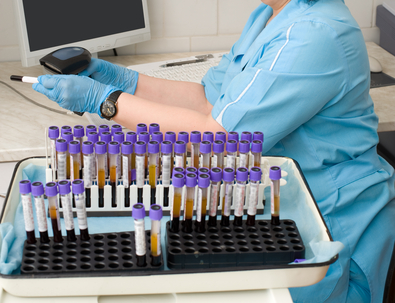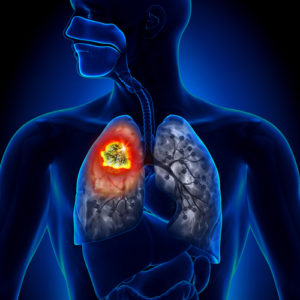Cancer is affected by numerous and complex risk factors, making concepts related to calculating its risk a frequent subject of debate. Adding to this debate is a recent study looking at randomly mutating cells, specifically how they play a predominant role in cancer development. What does this say about your cancer risk? Issels® wants to help you put this new information in perspective.
Cancer and car accidents: They have a lot in common…
- Trip length
Comparing getting cancer to getting into a car accident, the length of your trip – your lifespan – increases your risk. The longer you live, the more the odds increase of your body randomly mutating cells, making this a significant risk factor – attributable to two-thirds of your total cancer risk in fact.
- Road conditions
Just as rain or snow can increase your risk of an accident, so too can conditions in your body and in your environment increase your risk of cancer.
- Mechanical issues
Bad brakes or worn tires can be seen as a metaphor for genetic factors, such as inherited mutations.
Reading the accident report
Despite this research, it can’t be stressed enough no single factor causes cancer. Two-thirds of car accidents are not related solely to trip length, but to a combination of road conditions, mechanical issues, and the like. For each “accident,” the major contributing factor will vary.
Accident prevention
Due to the large combination of risk factors, there are many opportunities for prevention, including addressing radiator issues (smoking), regular maintenance (early diagnostics and detection), and more.
Cancer spinning out of control? Ask about the Issels Cancer Treatment. Contact Issels® today.






